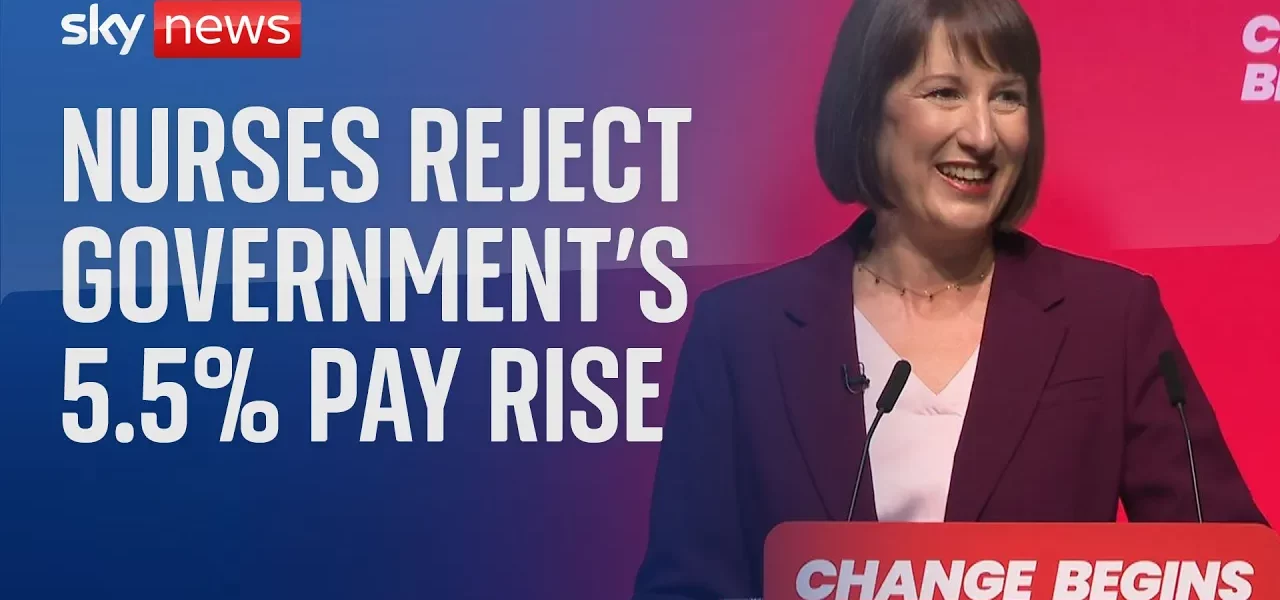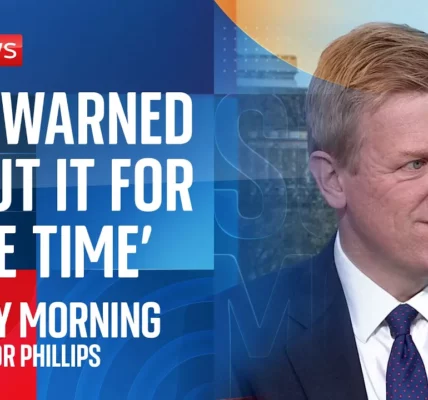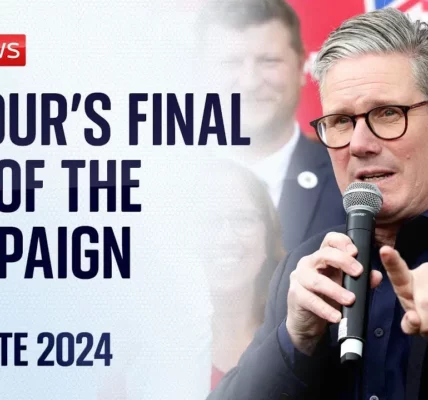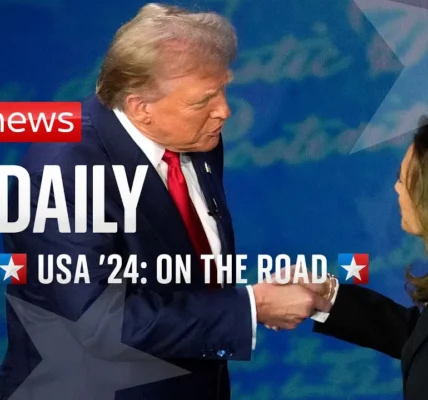Chancellor’s Speech: Analyzing Pay Rises and Economic Strategies

This article delves into the recent speech delivered by the Chancellor, focusing on the implications of public sector pay rises, the response from unions, and the broader economic strategies proposed by the Labour government. Join us as we break down the key points and forecasts presented during this pivotal moment in UK politics.
Introduction
The recent speech by the Chancellor represents a significant moment in UK politics, particularly concerning public sector pay and the relationship between the Labour government and trade unions. As the Chancellor highlighted her commitment to delivering meaningful pay rises for public sector workers, the immediate rejection of a 5.5% pay offer by the Royal College of Nurses indicates a deep-seated discontent. This article will explore the nuances of this speech, the challenges facing the new Labour government, and the implications for the UK economy moving forward.
The Chancellor’s Message on Pay Rises
During her speech, the Chancellor emphasized her position as the first Chancellor in 14 years to provide substantial real-term pay increases to millions of public sector workers. However, this bold statement was met with skepticism, particularly from unions representing these workers.
Union Reactions
The reaction from the Royal College of Nurses, which rejected the proposed pay increase, reflects a broader discontent within the trade union movement. This rejection signifies not only dissatisfaction with the offer itself but also a lack of trust in the government’s ability to deliver real change.
Public Sentiment
As indicated by the palpable disquiet witnessed during the Trade Union Congress, the public sentiment is one of urgency for immediate action rather than promises of future improvements. This discontent poses a significant challenge for the Labour government as they navigate their early months in office.
Challenges Ahead for the Labour Government
The Chancellor’s speech was not just about pay; it also laid bare the challenges that lie ahead for the Labour government. With a massive parliamentary majority, the expectation was that swift action could be taken to address pressing issues.
Early Difficulties
Despite the political capital of a significant majority, the government faces a challenging environment. The Chancellor’s acknowledgment of tough choices illustrates the complexities of managing public finances, which she claims are worse than anticipated.
Key Announcements and Economic Strategy
In her address, the Chancellor outlined several key points regarding future growth:
- Industrial Strategy: A focus on unlocking planning and energy initiatives.
- Long-term Economic Growth: Promises of a brighter future were framed around the potential growth of the UK economy.
- COVID Commissioner: An initiative aimed at recovering £700 million in disputed contracts.
While these announcements are promising, critics argue they lack immediate impact and address the pressing needs of the populace.
Future Economic Prospects
Amidst the discussion of immediate pay and public service improvements, the Chancellor maintained a focus on long-term economic strategies. She painted a picture of a future where the UK’s economic trajectory could align more closely with that of other OECD countries.
Projected Economic Growth
The Chancellor indicated that if the UK had grown at the same average rate as 38 other OECD countries, the economy would have been £140 billion larger. This projection underscores the potential for growth if the right choices are made now.
Investment in Public Services
Part of the Chancellor’s overarching narrative included investments aimed at enhancing public services:
- Launch of 750 breakfast clubs for children, targeting early educational support.
- Long-term strategies aimed at improving public sector funding.
While these initiatives are commendable, the challenge remains in convincing the public that these changes will materialize soon enough to address their current concerns.
Conclusion
The Chancellor’s speech encapsulated the tension between immediate public sector needs and the long-term vision for the UK economy. As the Labour government navigates these early months, the rejection of pay offers and the demands for swift change from unions indicate a challenging road ahead. Moving forward, it will be crucial for the government to not only articulate a vision but to also deliver tangible results that meet the expectations of public sector workers and the broader population. As we continue to monitor these developments, we encourage readers to stay informed and engaged with the ongoing conversation around public policy and economic strategy.
“`




